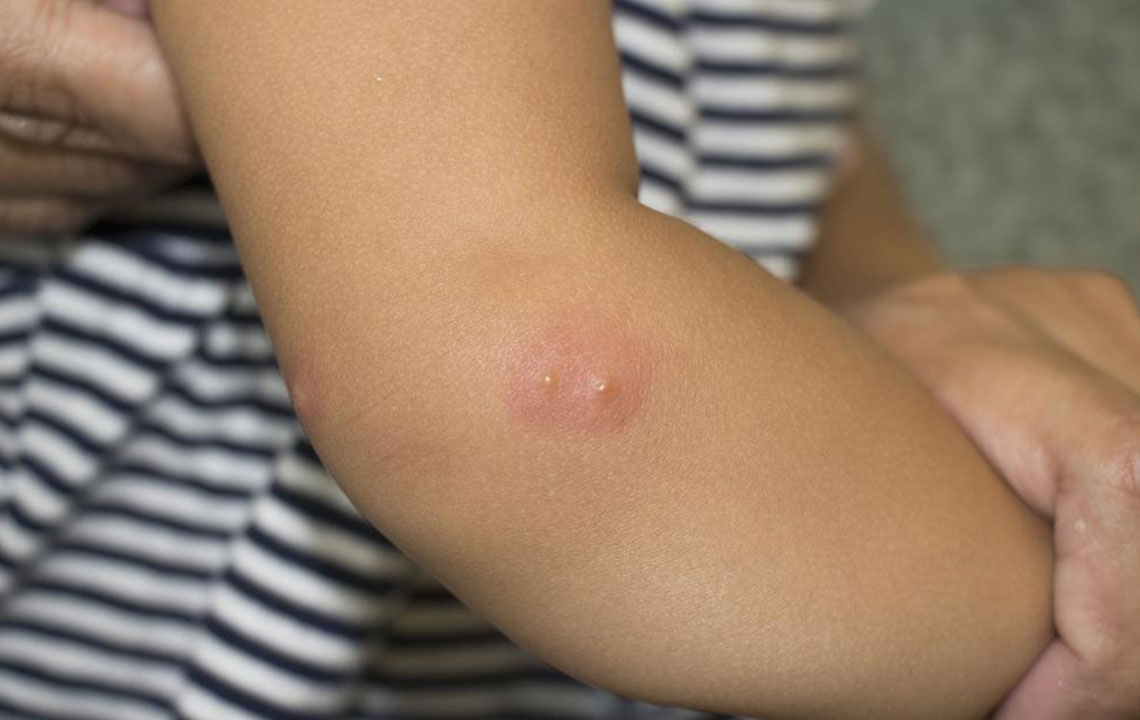Symptoms and causes of shingles
Shingles or herpes zoster is an infection that leads to blisters, causing painful rashes. This can affect any part of the body but is mostly first seen as a single stripe of blisters around the torso. It is similar to chickenpox, wherein the first sign of infection is visible around the torso. The similarity in the symptoms is probably due to the varicella-zoster virus, which is the common cause of these two illnesses.
Symptoms of shingles
Knowing about and identifying the common signs and symptoms of the disease can make it easy for patients to know when to visit the doctor for timely diagnosis and proper treatment.

Pain is the most common early sign of the illness, and while the intensity can change from person to person, it is usually extreme. If the pain is not followed by a rash, the illness can most likely be misdiagnosed. For correct diagnosis and timely treatment, it is important to look out for stripes of blisters, specifically around the left or right side of the torso, around one eye, the side of the face, or the neck.
Causes of shingles
The specific cause for the illness’s trigger is unclear; however, it is understood that it is brought about by the varicella-zoster virus, which is also responsible for chickenpox. The virus stays dormant in the host body after the patient has recovered from chickenpox. The dormant virus can reactivate and trigger the symptoms at any time in an individual’s life.
The varicella-zoster virus travels along the nerve pathways to reach the skin layer, causing the illness. While there is no clear cause to understand its trigger, it has been observed that a weakened immune system can trigger shingles. It is also important to know that the virus can remain dormant with no effect on some people.
However, it is essential for those who have had chickenpox to keep a check for any signs and symptoms of shingles. This disease is mostly noticed in older people or those with a weakened immune system. Early diagnosis and timely treatment can help treat the condition.




